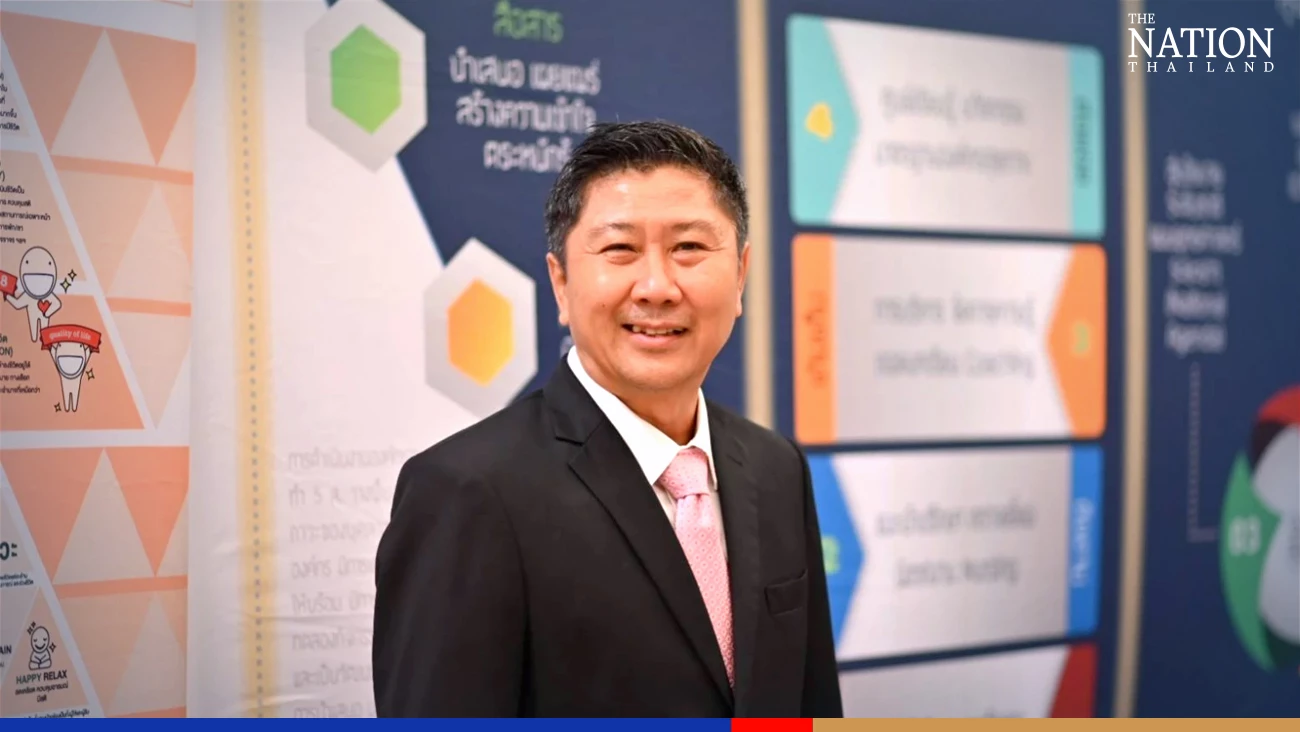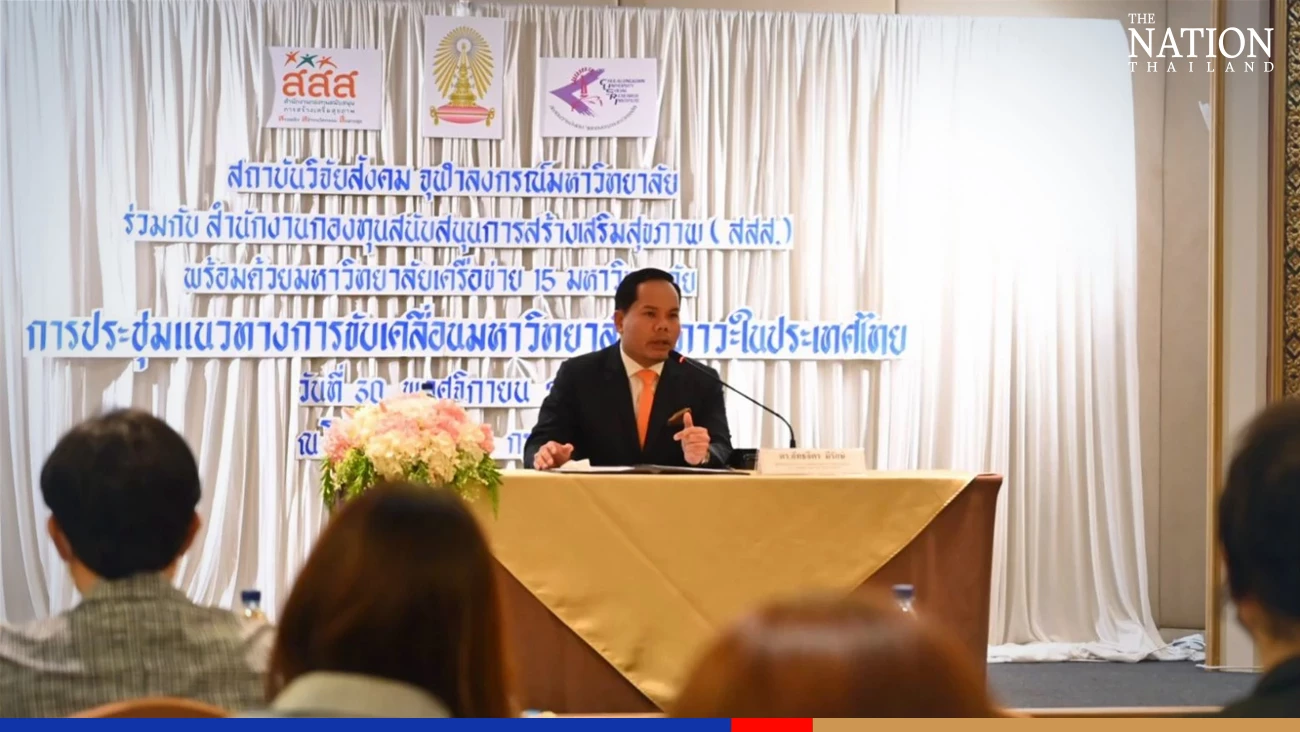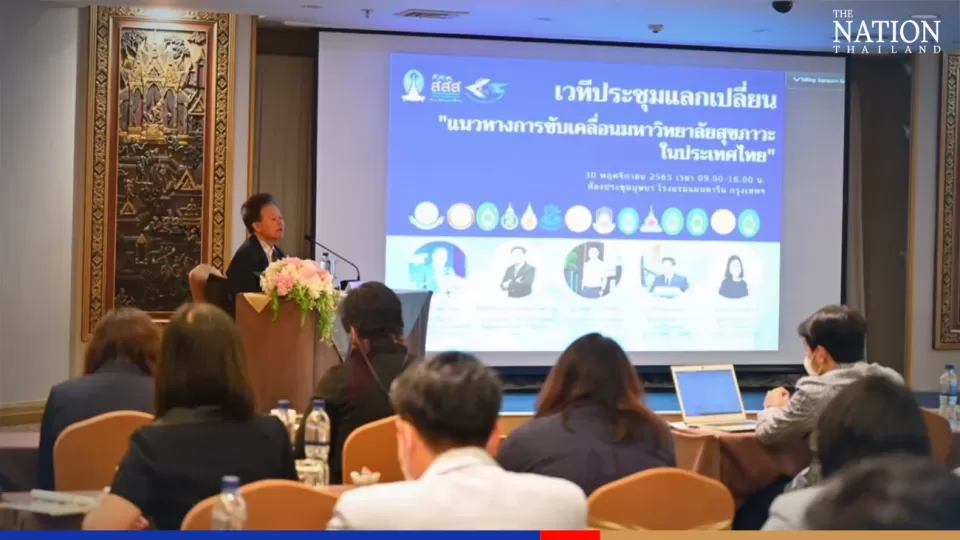December 6, 2022
BANGKOK – At least 40% of university students suffer from stress, while 30% are often or always depressed, a recent study conducted by Chulalongkorn University (CU) found.
The “Study of Mental Behaviour of University Students”, jointly conducted by CU’s Social Research Institute and the Thai Health Promotion Foundation (ThaiHealth), covered 9,050 undergraduate students from 15 universities nationwide.
The study covered several topics related to mental health and problems suffered by students.
Project adviser Dr Sirichet Sangkhaman told the press on Sunday that the study had uncovered interesting information about university students’ mental state. Nearly 40% said they were often or always under stress, while about 30% said they are often or always unhappy or depressed. Of both groups, 4.3% have been clinically diagnosed with psychological problems like bipolar disorder or manic depression.

The study also found that 4% of the respondents have thought of committing suicide, while 1.3% have harmed themselves more than once.
The survey also found that 40% of students smoke, 9% drink alcohol often, 0.4% consume marijuana often, 2% consume the herb occasionally.

About half (49.8%) of university students are burdened with debt, with 37.1% having borrowed from the Student Loan Fund, 8.3% from their relatives, 3.1% from financial institutions and 0.5% from loan sharks.
Up to 20% of the respondents said stress was the No 1 factor that affects their studies, followed by financial problems (10%), anxiety (10.7%), being homesick (9.3%) and insomnia (7.9%). About 5% admitted to being addicted to social media and online games, which pulled down their grades.

Phongsak Thongratana, ThaiHealth’s director of Health Promotion in Organisations, said the agency will incorporate the findings with its knowledge base to design a suitable health policy to be implemented in educational institutes.
He added that a follow-up survey will be conducted continually using online questionnaires to monitor the trend in students’ health and allow each institute to address the immediate problems that students are facing.


